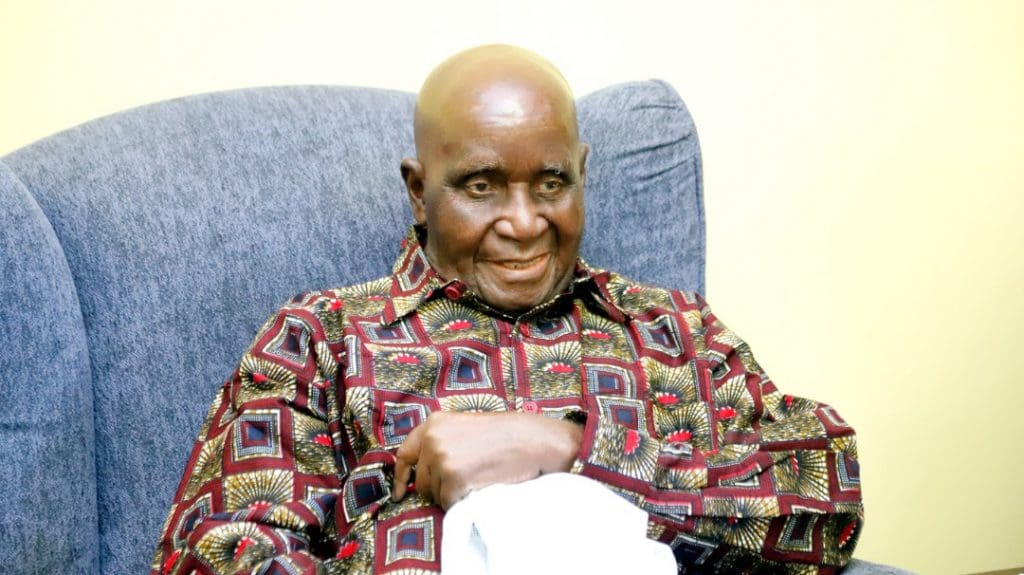Zambia’s late founding President Kenneth Kaunda was on Friday described as “one of the architects of South Africa’s democracy” by former President Thabo Mbeki of South Africa.
Mbeki said this as he recalled his days in exile in Lusaka, where he worked as the director of information of the African National Congress (ANC) under the presidency of Oliver Tambo whom Kaunda hosted in his capital until the end of apartheid in the early1990s.
Kaunda, aged 97, died on Thursday of pneumonia after being admitted to a military hospital in the Zambian capital Lusaka on Monday.
When the ANC was banned by the then oppressive apartheid regime in South Africa, Kaunda allowed the party to set up its headquarters in Lusaka, Mbeki said.
Mbeki said Kaunda’s dedication to South Africa’s liberation struggles saw him personally engaging the apartheid leaders in hopes of reaching an amicable solution to the protracted problem.
Kaunda even hosted FW de Klerk (who later became South African president) when the latter was a little known cabinet minister in President PW Botha’s government in Lusaka in efforts to solve the political situation in this country, Mbeki recalled, in his tribute to the fallen late leader.
The South African Communist Party’s (SACP) first deputy general-secretary Solly Mapaila described Kaunda as an exemplary person to leaders as well as ordinary people.
Kaunda was a foundation of wisdom for many leaders in Africa, Mapaila said.
“He played an extremely critical role and remained a counsellor to many leaders on the continent. He remained a pillar of an example about how he left office, such a hero of our movement,” the SACP deputy leader said.
He added: “When Kaunda was removed from power through democratic elections in Zambia, he acceded to the demands of the people and continued to provide them counsel.”
According to Mapaila, “his people continued to see him as a father figure and symbol of the Zambian liberation. And he represented a special generation of our liberation leaders on the African continent as well.”
ANC veteran Pallo Jordan, who also spent time in exile in Zambia, said Kaunda was “a thinker and a unifier” as a statesman who sought to bring Zambians together after the country’s independence in October 1964.
“Kaunda wanted to rally the Zambian people around what he thought was a philosophy to guide their movement and the country during its independence,” he said.
“He used to refer to this as ‘Humanism’ which he distinguished from capitalism and from communism about which he said embraced socialist principles. I think one of the reasons he put this forward was to have a unifying ideology for his nation, with the slogan: One Zambia, One Nation,” Jordan said.
Meanwhile, South African President Cyril Ramaphosa has declared 10 days of national mourning for the late Zambian leader to honour him for his immense contribution to the Rainbow Nation’s struggle end apartheid rule.
NM/jn/APA


